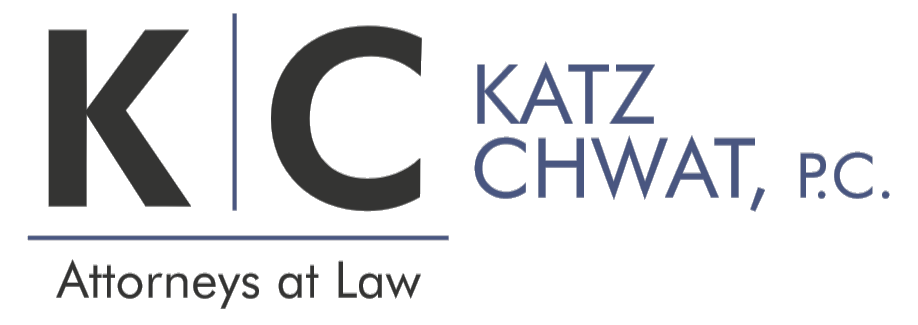Sales tax….no one likes collecting it and no one likes paying it. How many times have you heard a business owner say “but if you pay me cash…” How many times has a business owner said my customers won’t agree to pay sales tax because the store next door is not charging it?
We’ve all heard these arguments and complaints. Unfortunately, sales tax (and its corresponding use tax) is a duty and responsibility of vendors and customers in New York State (and in certain circumstances outside of New York State as well). Vendors who are required to collect sales tax are acting as agents of New York State and that responsibility needs to be taken very seriously. The consequences of mistakes or failures to remit the collected sales tax can be dire. Unfortunately, at Katz Chwat, P.C., we are generally only contacted once an audit has begun and a problem has been discovered. The first step to preventing the onerous penalties or balances due for taxes not collected is understanding by whom and in what situations sales tax must be collected. The worst conversation we have to have with a client is at the end of an audit, where, because of a misunderstanding of the sales tax rules they failed to collect sales tax from their customers and the New York Department of Taxation hands them a bill for the sales tax they should have collected. While the client would love to go back to their customers and ask for the tax, that is unfortunately not a realistic solution and instead their profit on the sale has been decreased by more than 8½ %.
New York State Law dictates that a vendor must register and obtain a Certificate of Authority if it generates sales in New York that are subject to New York State sales tax. The Certificate of Authority is the document that allows the vendor to collect sales tax and remit the collected sales tax to NYS. It also enables the vendor to issue and accept most NYS sales tax exemption certificates.
A seller will be required to register as a collector of sales tax if they are considered a “vendor”. In NYS, vendors sell tangible personal property or render services that are subject to sales tax, and meet any of the following conditions:
- the seller maintains a place of business in the state; or
- the seller solicits business in New York State and sells taxable, tangible personal property or services in New York State; or
- the seller solicits business through catalogs or online and has some additional connection with the state; or
- the seller is out of state but makes sales of taxable products within New York State, and regularly delivers the products in their own vehicles or via their agents.
Other types of businesses required to register and collect sales tax include businesses which service tangible personal property and businesses which perform repair and maintenance services to real property. The types of businesses which are required to collect sales tax is constantly changing. Not only should a business review whether they have a requirement when they are first formed, but as their business model changes or expands, they should be re-evaluating their requirements.
At Katz Chwat, PC, we assist businesses of all sizes with planning and compliance in connection with State and Local tax requirements. To learn more about whether your business is subject to New York State Sales Tax, contact Katz Chwat, PC to set up an appointment.
Our next sales tax blog will focus on how a non-taxable sale can be inadvertently converted to taxable and how that can be avoided.
Posted in: Tax
